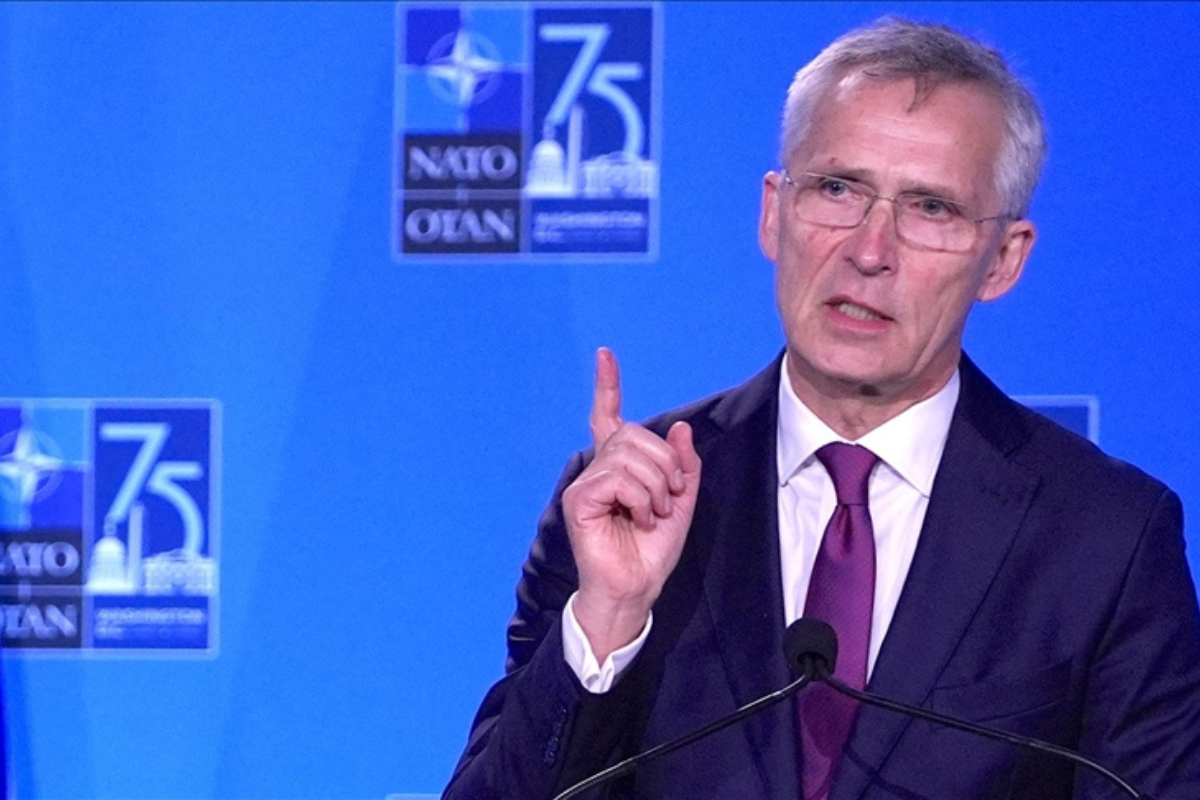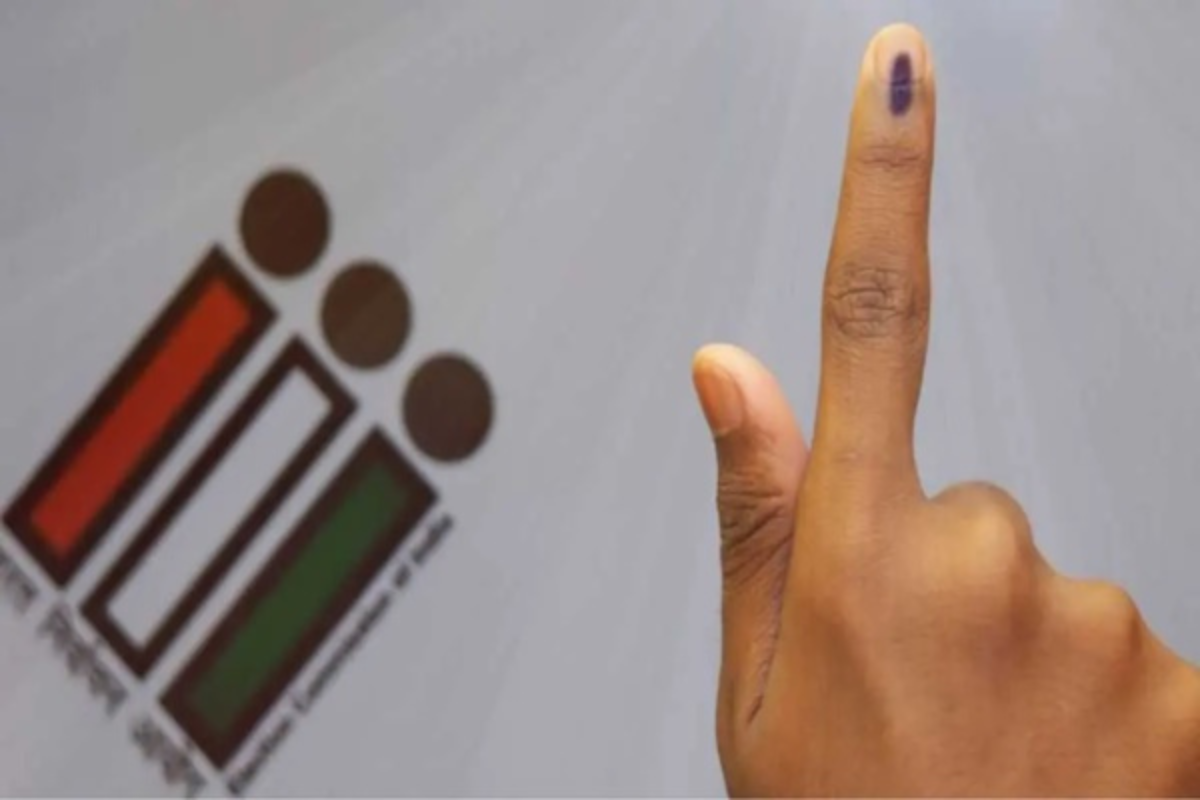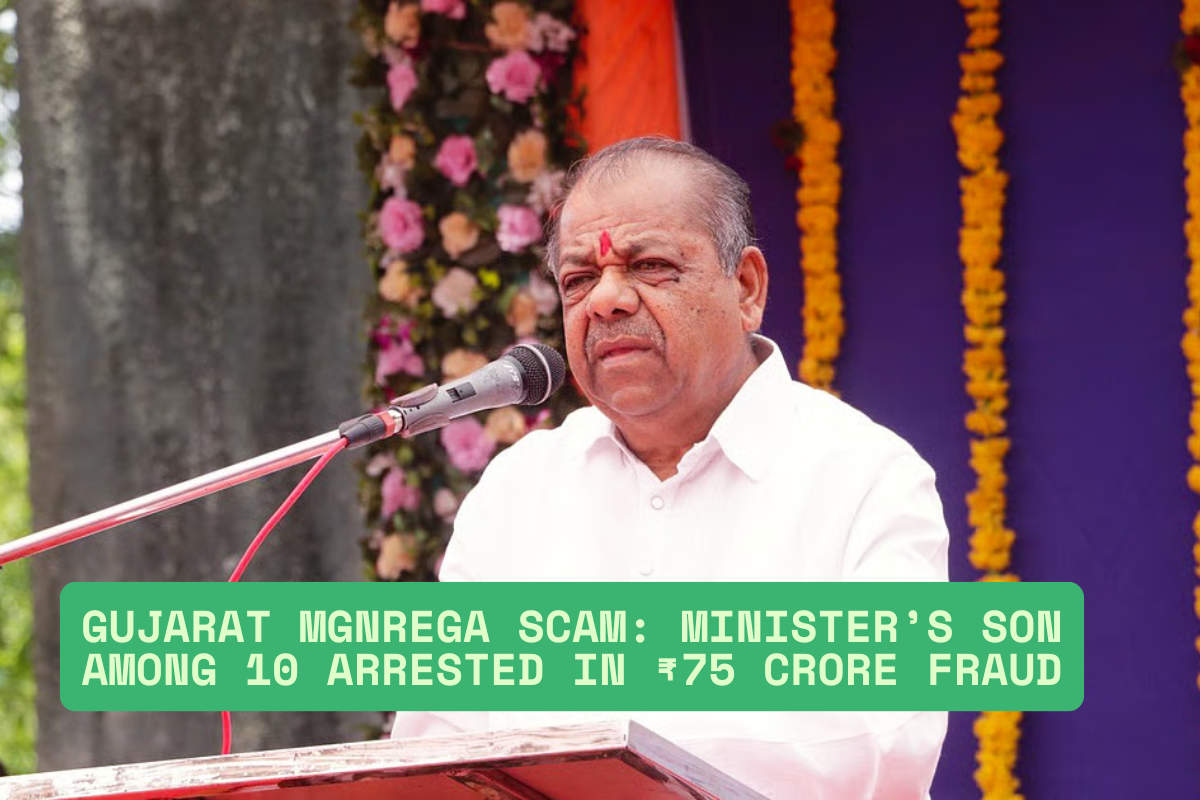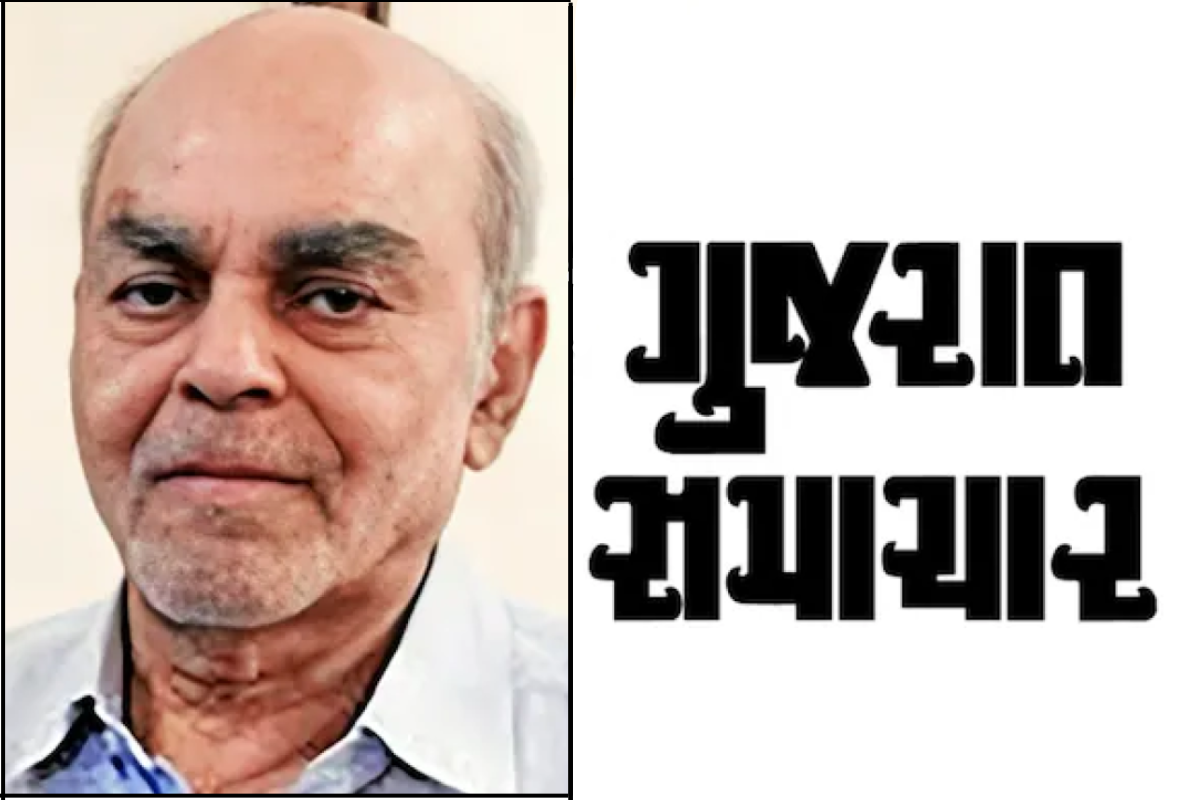NATO Secretary-General Mark Rutte recently gave a strong warning to countries like India, China, and Brazil. He said that if Russia does not come forward for peace talks within the next 50 days, the U.S. might impose 100% secondary tariffs on countries still doing business with Russia.
This warning came just one day after former U.S. President Donald Trump also gave a stern message to Russian President Vladimir Putin. Rutte stated that leaders in India, China, and Brazil should contact Putin and request that he initiate peace talks immediately. If not, they might face serious trade penalties.
The sanctions, known as secondary tariffs, are meant to pressure countries that support Russia indirectly by continuing trade. For India, this is significant because Russia has become our largest crude oil supplier, accounting for more than one-third of our oil imports.
Here are the key points:
- Secondary tariffs mean heavy extra charges on countries that do business with Russia.
- India, China, and Brazil may face these tariffs if Russia does not begin peace talks.
- Donald Trump gave Russia a 50-day deadline for starting talks.
- India’s trade with Russia, especially in crude oil, could be affected badly.
- U.S. senators are also planning a new law that could impose up to 500% tariffs on countries buying Russian oil and gas.
- NATO has also backed Trump’s plan to send air defense systems like Patriot missiles to Ukraine, with Europe paying for them.
This warning is not just for news headlines. It can directly affect our economy. If the U.S. adds 100% tariffs on Indian goods, the cost of doing business will rise. It could also damage India’s trade ties with both Russia and the U.S.
India now has a tough decision to make. We must balance between our long-term trade with Russia and maintaining strong relations with Western countries. Our government may need to start early talks with the U.S. and also push Russia towards peace.
In short, this strong warning from NATO is a big alert for India. The next few weeks will be very important for our foreign policy and trade strategy.



